 |
 |
| |
Selected Research Project |
| |
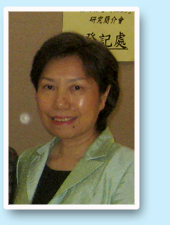 |
| Project Title |
Exploring Effects of Teacher and Peer Feedback on Self-directed Learning and Mathematics Achievement of Primary Students |
|
| |
| Principal Investigator |
Professor Mok Mo Ching, Magdalena |
|
| |
| Area of Research Project |
Teaching and Learning |
|
|
|
|
| |
| Project Period |
|
|
| Objectives |
- Identify effective approaches for implementing self-directed learning (SDL) in schools;
- Establish a conceptual framework on feedback, SDL, and school achievement aligning with HK’s education aims;
- Evaluate the quality of teacher feedback and SDL of students in local primary classrooms;
- Identify the combined effect of feedback and SDL on school achievement of primary students.
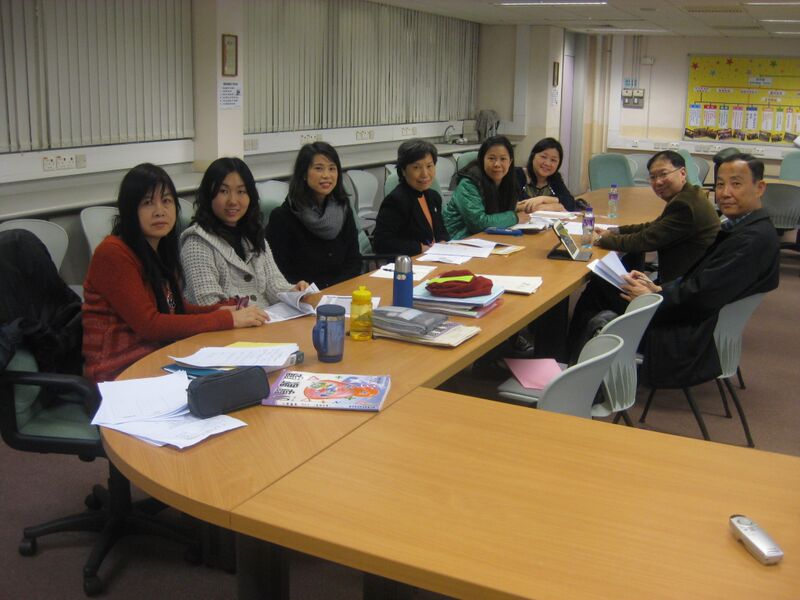 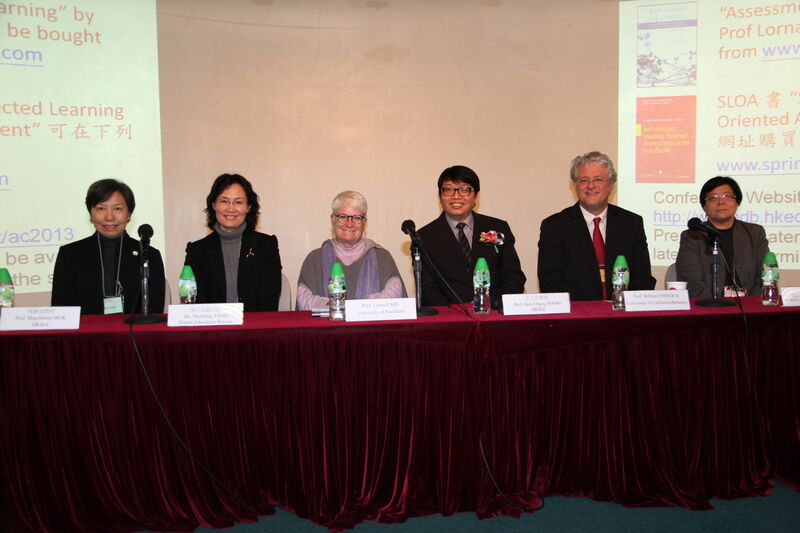 |
|
| Methods Used |
- Design: A longitudinal 2-group quasi-experimental design involving 4687 primary students from 165 classes of 27 primary schools .
- Experimental group: teachers received intervention comprising professional development on feedback and SDL during the first year of the study; Delayed-control group: intervention only in the second year.
- Data on feedback, SDL, and mathematics achievement were collected at 6-month intervals.
|
Impact |
- The project presents the first longitudinal quasi-experimental study in HK in naturalistic primary classrooms settings on feedback, SDL and mathematics achievement.
- The model developed and the study findings will inform teaching and learning, particularly about the effect of assessment feedback on primary students
|
| Summary of Findings |
- Measurement scales on mathematics achievement, feedback, and SDL for primary students developed and validated.
- Primary students and their teachers were found to have very different expectations on and attitudes toward feedback.
- After controlling for prior mathematics achievement, students’ attitudes toward feedback had significant effect on later achievement. The effect was mediated through attitudes toward attaining personal best.
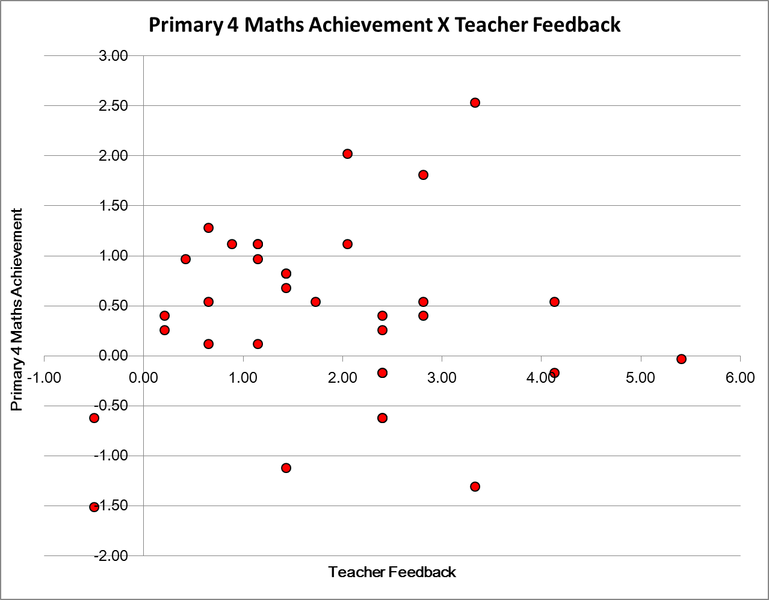 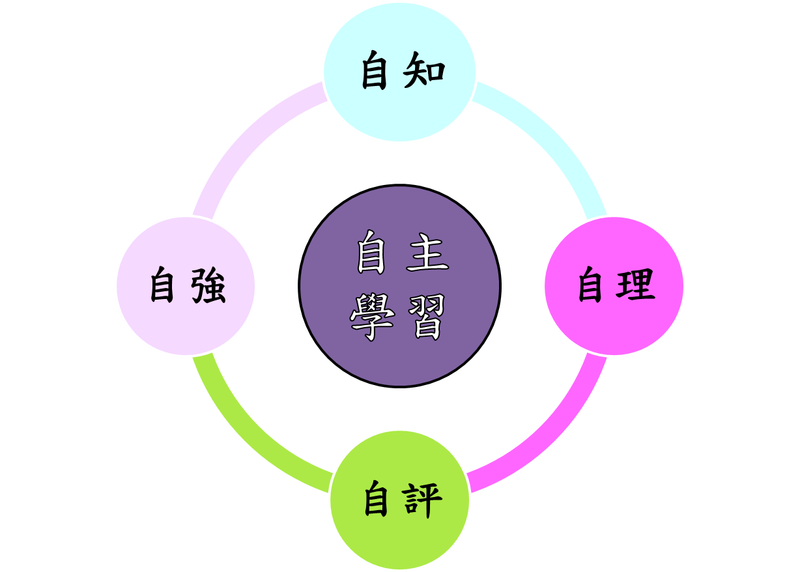 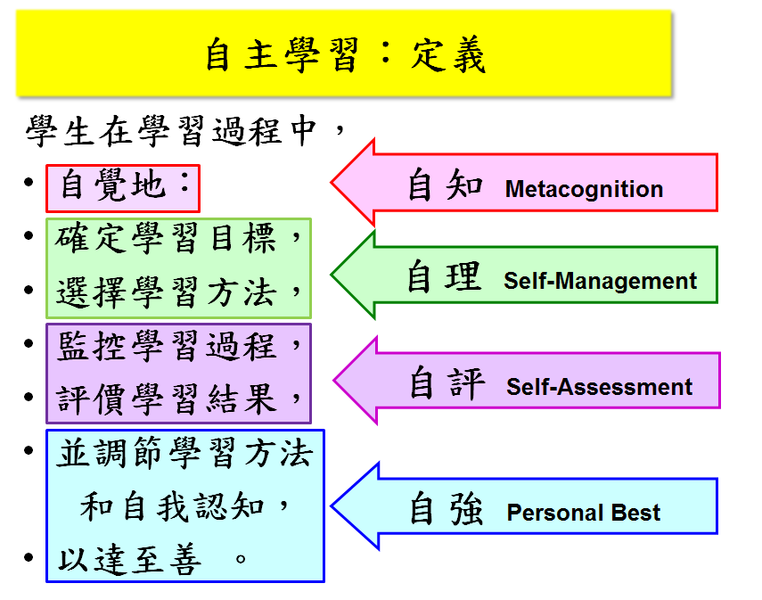
|
| Output |
- Journal articles
- Yao, J. & Mok, M. M. C. (2013). Implementing assessment for learning: An application of the Rasch
model for the construction of a mathematics assessment to inform learning. Assessment and Learning,
2(1), 29-50.
- Mok, M. M. C., Wong, M. Y. W., Yao, J., Paris, S. G., Stanley, G., & Tognolini, J. (2012). Psychometric
Properties of the Instructional Feedback Scale for Primary Students Using the Rasch Measurement
Model. Psychological Exploration, 32(5), 387-396.
- Conference presentations
- Zhu, J & Mok, M. M. C. (2014, Feb). Feedback and self-regulated learning as predictors of primary
studentsˇ¦ mathematics achievement: A study in the context of Hong Kong primary schools. Paper
presented to the 28th International SDL Symposium, USA, 2014.
- Wong, M. Y. W., Mok, M. M. C., Yao, J., Paris, S. G., Stanley, G., & Tognolini, J. (2013, Aug). Validation of
self-directed learning questionnaire for primary students. Paper presented to TERA & PROMS2013,
Taiwan, 2013.
|
| Biography of Principal Investigator |
Professor Magdalena M. C. Mok is currently the Chair Professor of Assessment and Evaluation, Department of Psychological Studies. She is also the Co-director of Assessment Research Centre at the Institute. Professor Mok has a B.Sc. in Mathematics from The Chinese University of Hong Kong, an M.Sc. in Statistics from the University of Glasgow, and a Ph.D. in Education from the University of Hong Kong. Professor Mok works in the area of assessment and self-directed learning, with a special interest in Self-directed Learning Oriented Assessment. She has published extensively in these areas and has been active as consultants for governments in Hong Kong, and other non-government agencies. Professor Mok is the recipient of the Distinguished Teacher Award 2003–2004 from The Hong Kong Institute of Education.
|
Funding Source |
General Research Fund |
|
|
 |
|
 |


